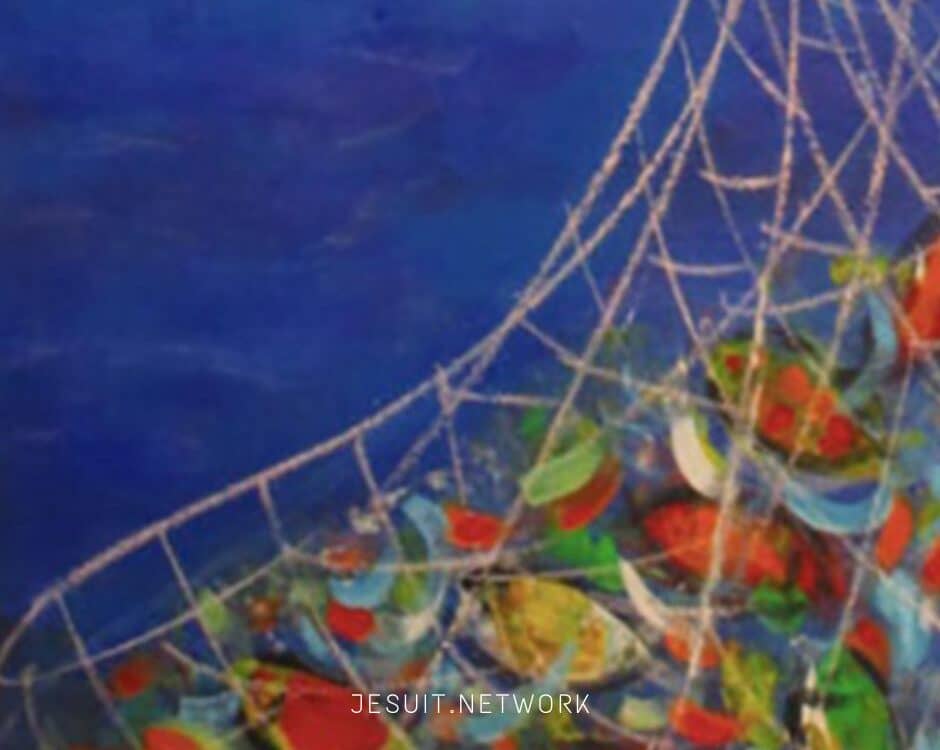This website uses cookies so that we can provide you with the best user experience possible. Cookie information is stored in your browser and performs functions such as recognising you when you return to our website and helping our team to understand which sections of the website you find most interesting and useful.
23rd IAJBS Annual World Forum: Can a sharing economy and a collaborative society be sustainable?
 The sustainability of a sharing economy and a collaborative society is the focus of the 23rd Annual World Forum of the International Association of Jesuit Business Schools (IAJBS), to be hosted by the Faculty of Economics, Social Sciences and Business Administration of the University of Namur in Belgium from 16 to 19 July 2017 with the theme “Sharing for a sustainable world.”
The sustainability of a sharing economy and a collaborative society is the focus of the 23rd Annual World Forum of the International Association of Jesuit Business Schools (IAJBS), to be hosted by the Faculty of Economics, Social Sciences and Business Administration of the University of Namur in Belgium from 16 to 19 July 2017 with the theme “Sharing for a sustainable world.”
Collaborative initiatives such as Airbnb, Uber, and BlaBlaCar are popular examples of a new paradigm that is very rapidly developing, where using a good or a service prevails over its ownership and where such access-based approaches are supported within society, the economy, and by technology.
 But is this revolution all about sharing? Throughout the forum, the multiple impacts of the sharing economy will be discussed as to individual behaviors, industry and competition, and public regulation. Special attention will be paid to the extent to which a collaborative society contributes to sustainability. Papers discussing research questions in this topic as well as pedagogical community experiences around such sharing practices will be presented. A special roundtable will also be organized with managers and policy makers around the issue “Is the sharing economy really sustainable?”
But is this revolution all about sharing? Throughout the forum, the multiple impacts of the sharing economy will be discussed as to individual behaviors, industry and competition, and public regulation. Special attention will be paid to the extent to which a collaborative society contributes to sustainability. Papers discussing research questions in this topic as well as pedagogical community experiences around such sharing practices will be presented. A special roundtable will also be organized with managers and policy makers around the issue “Is the sharing economy really sustainable?”
Among the keynote speakers are Michael Garanzini, SJ, Secretary for Higher Education of the Society of Jesus and former president of Loyola University Chicago, and Dr Gaël Giraud, SJ, chief economist at Agence Française de Développement (the French Development Agency) and will share proposals for getting out of the financial illusion and for engaging in the ecological transitions needed, as presented in his book “Sortir du mensonge.”
Please go to IAJBS for further information on this forum.
This article was originally published in the GIAN Ecology, ecojesuit here.





